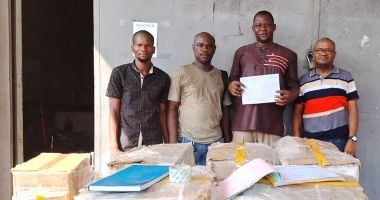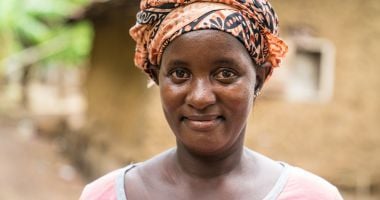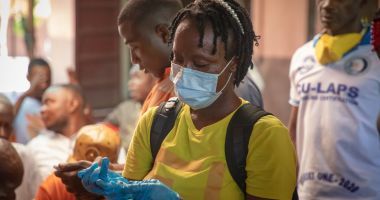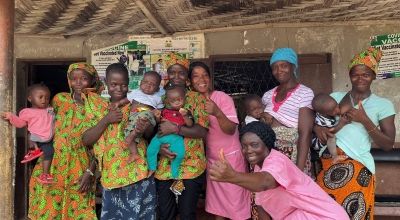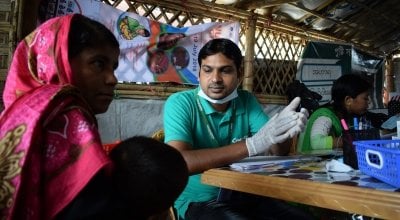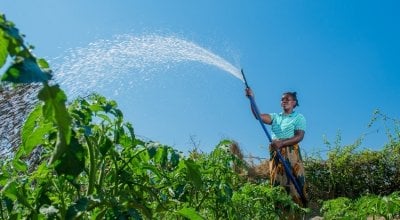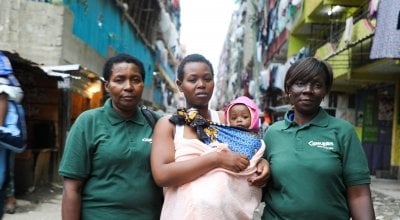
Read our 2023 annual report

Knowledge Hub
Why Sierra Leone? Despite overcoming a civil war and the world’s largest Ebola epidemic, Sierra Leone ranks among the lowest ten countries in the UN’s 2024 Human Development Index, with an estimated 26% of the population living below the international poverty line. After years of economic improvement, the World Bank recorded a dramatic increase in inflation rates between 2021 (11.9%) and 2022 (27.2%), a hardship that leaves the most vulnerable Sierra Leoneans furthest behind.
Sierra Leone is still recovering from a decade of war — and facing fresh challenges
The civil war in Sierra Leone ended in 2002 after nearly 11 years of fighting. While the country enjoyed a relatively smooth transition to peace, it is still recovering from many of the knock-on effects of the conflict, while also facing new challenges. The coastal country faces effects of climate change through natural disasters like drought, flooding, and landslides that are increasing in both frequency and magnitude.
Sierra Leone also faces challenges relating to health and nutrition, particularly for women and children. Between 2014 and 2016, it was one of the countries hardest hit by the world’s largest Ebola epidemic in recorded history, with over 14,000 cases and nearly 4,000 deaths. It remains one of the worst countries to become a mother (1,120 deaths for every 100,000 live births), and one of the hungriest countries in the world with a 2023 Global Hunger Index score of 31.3.
Latest achievements
Food and Nutrition Security
We have recently launched a new initiative, called 'Yoti Yoti', to help build food and nutrition security in Sierra Leone through equitable and climate-smart food systems. The project is operating in 64 communities across two districts and reached nearly 9,500 people in it's first year.
Village Savings and Loans Associations
Immunisation at scale
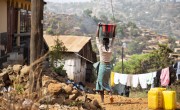
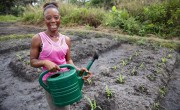
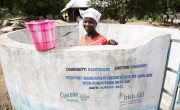


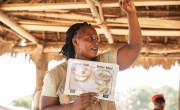
How we're helping Sierra Leone
Our approach in Sierra Leone aims to tackle all dimensions of poverty, focusing on health, nutrition, livelihoods, gender equality, water, sanitation, and hygiene (WASH), and emergency response.
Latest from Sierra Leone



